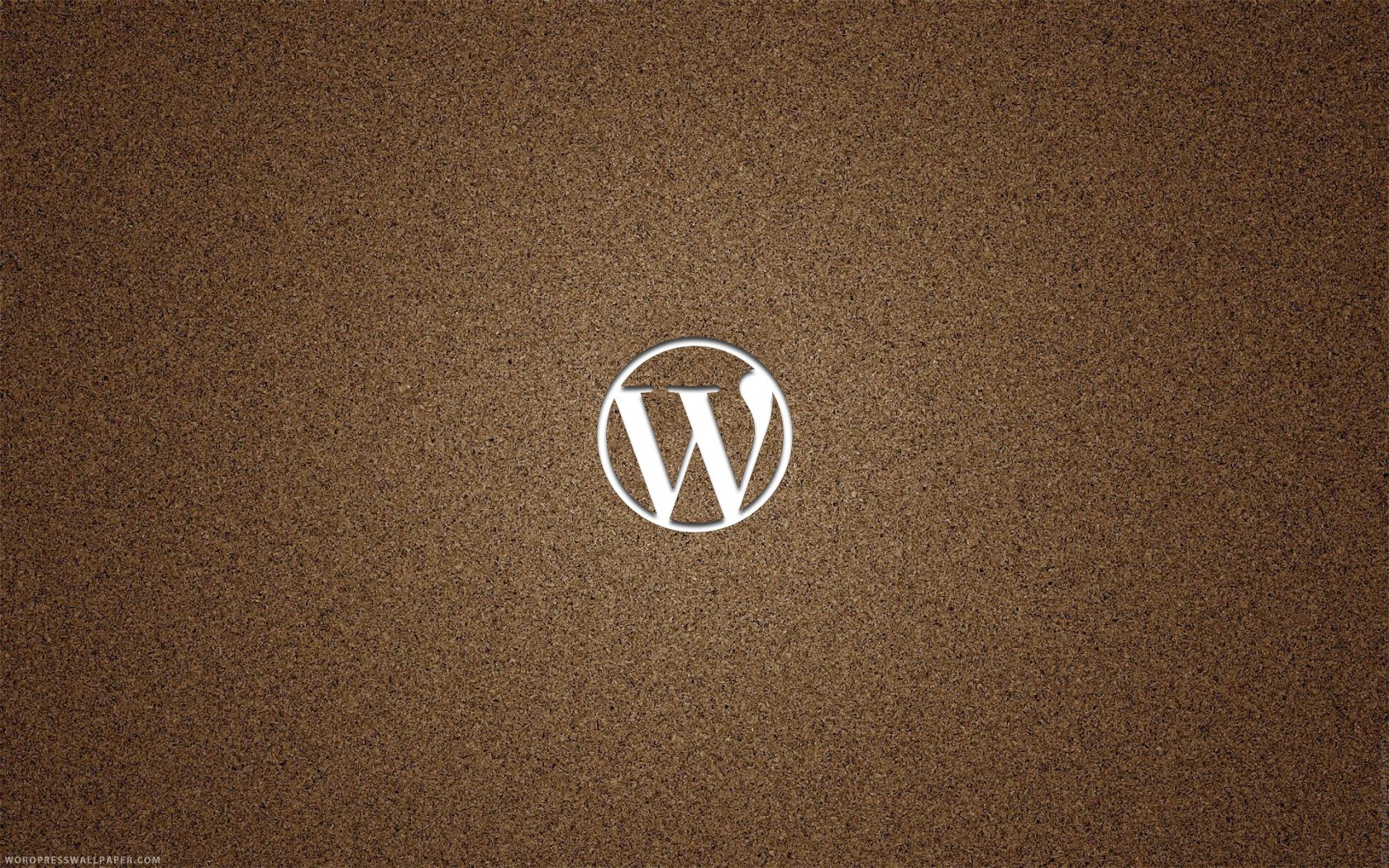Hosting is a critical aspect of any website. More so, choosing the right kind of hosting that fulfils your website’s needs is all the more essential. When it comes to hosting types, there is a huge variety of them such as Shared Hosting, VPS Hosting, Dedicated Hosting etc. Out of these the most popular and commonly used hosting type is Shared Hosting. If you have a WordPress based website, another option is to opt for WordPress Hosting. We will match the two hosting types against each other and understand what works best for your WordPress website.

Performance: In Shared Hosting, the resources of a single server are shared amongst all the websites hosted on the server. The server is also configured in such a way that it can accommodate all types of websites making its specifications more or less generic. Smaller WordPress websites will have no problem with Shared Hosting.
WordPress Hosting on the other hand is designed and configured specifically for WordPress websites in the most efficient and optimized manner. Which means the hardware configuration, system software and OS settings are setup in such a way that they are most compatible for WordPress.
Reliability: Although most hosting providers will offer up to 99% website uptime even in Shared Hosting, one should know that in theory if the shared server fails, then all websites hosted on the server will go down.
When we look at WordPress Hosting, it depends upon the underlying hosting type on which WordPress compatibility is optimized. For instance, if WordPress Hosting is based on Shared Hosting, then the reliability score will not be different. However, many of the smarter hosting providers are offering Cloud based WordPress Hosting solutions which are highly reliable. This is because in Cloud Hosting, there is no single point of failure. That is, if one server fails, another server from the Cloud takes its place seamlessly without leading to any website downtime.
Security: Security again is a factor that depends on the hosting provider of your Shared or WordPress Hosting plan. However, in Shared Hosting as the server resources are shared across multiple websites, even if one website on the Shared Hosting server is breached, the hacker can make his way to other sites. Moreover, there is no specialized security for WordPress-sensitive threats based on experience and WordPress industry trends.
In WordPress Hosting, since it is designed to optimize performance and security of WordPress based websites, it tends to establish better security from WordPress-Sensitive threats.
WordPress Maintenance: Needless to say in Shared Hosting, the complete onus of WordPress website maintenance is on the customer as the hosting provider may not provide specialized WordPress maintenance support as it required WordPress knowhow and critical infrastructure compatible with WordPress.
This is a huge differentiating factor when it comes to WordPress Hosting. WordPress Hosting packages offer a multitude of WordPress Management solutions within the plan. They will take care of essentials such as automatic WordPress updates, maintenance of plugins and themes, automatic website backups and in certain cases, some WordPress Hosting providers will also take care of optimization of your site’s WP-Database. This database holds all the essential information of your site like pages, posts, form entries, plugin and theme setting, comments etc. And as and when this database increases in size, it tends to make the website slower. Which is why it is essential to keep the WP-Database optimized and in good shape.
Pricing: Pricing is where Shared Hosting wins hands down. As the server resources are shared across all the sites hosted on the server, it becomes cheaper for everyone. Typical Shared Hosting plans are in the range of $2 to $5 per month.
When it comes to WordPress Hosting, with the added features for WordPress websites, the price goes slightly higher in the ranges of $4 to $7 per month.
In the light of the above points, in conclusion, we can say that for smaller websites, including WordPress sites, Shared Hosting should suffices. However, if your website is slightly bigger in terms of traffic and pages and you are planning to stick to WordPress as your CMS, then definitely the added advantages of WordPress Hosting will work perfectly for you in the long run. Hope this helps, and please feel free to share your thoughts and questions in the comments section below!

